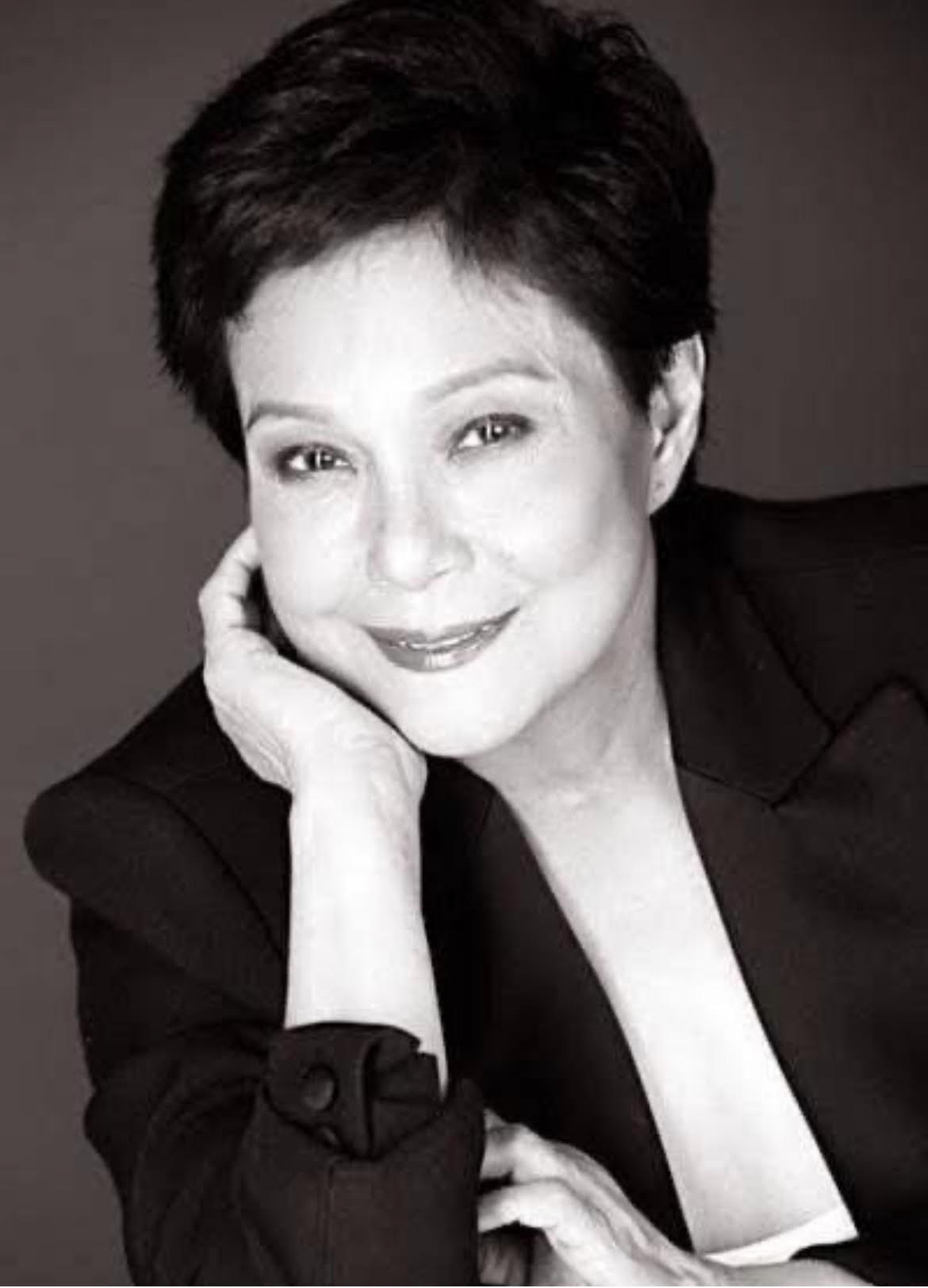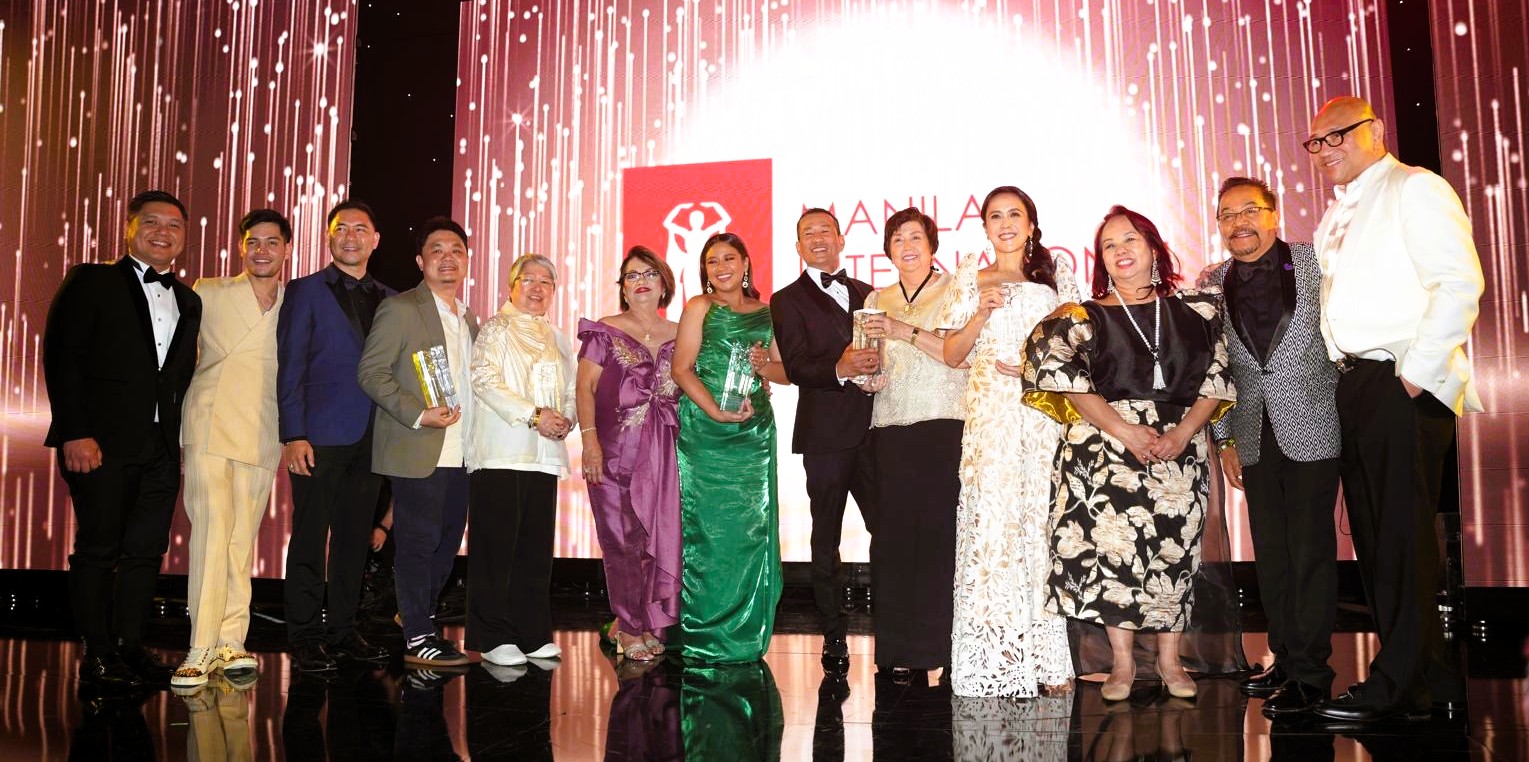
Asian CineVision had a series of #AAIFF43spotlight features and one focused on Filipino-American filmmaker Eileen Cabiling, who made her directorial debut with her short film “Basurero”.
She’s been described by mentor Anna Thomas as “an artist whose stories magically come to life like in a painting.”
First in her immigrant family to be born in the United States, Eileen grew up as the only Asian in her class in Richmond, Virginia – the historical capital of the Confederacy. Her vision is to tell stories about the global Filipino diaspora and history, the many layers of the Filipino face along with the deeply complex nuances of colonial psychology and Filipino identity.
Now she’s in development with Jericho Rosales on a feature film titled: “Manhid” (which means numb in Tagalog).
How has 2020 treated you? How has this pandemic affected your work as a filmmaker?
It has been a tremendous pause for me and although challenging and scary, I feel it has given me the space to reset and to dig deeper into my visions for where I would like my stories to go as a filmmaker. It has given me space to also understand what is important to me in life and to achieve some healthy balance after making my directorial debut which is Basurero.
What does this film mean to you?
“Basurero” is inspired by an actual Filipino fisherman, who in an Al Jazeera interview reveals that he has been dumping bodies of drug war victims for the police into Manila Bay. This infamous drug war was instigated under current President Rodrigo Duterte, when he took office in June 2016. With the official death count in 2020–now above 5,000.
Whereas, human rights groups are quoting over 27,000.
What attracts me to Bong’s story is not only the inhumane killings and the vilification of drug-users, sellers and the poor in the Philippines, but how this character’s circumstance is a window into the complex Filipino psyche’s search for value. I have been exploring this within myself, as a Filipina, first born in the United States–growing up with parents who immigrated to the superpower that colonized them.
My own cathartic trajectory has been deciphering this identity, finding meaning in self-value and owning a voice as a storyteller of color.
In filming “Basurero,” we kept an observational stance, thus creating space for contemplation as we move with our main character through his day.
I strongly feel that the wounded psyche of the colonized needs to be explored, the stigma broken and the pain healed. How can we be vulnerable, heal the past, feel deeply–own and fight for our self-worth? How do we claim and embrace this value and take up space in this world?
Who is a totally underrated API person that we should all know about?
Although he is well-known in the Philippines, I believe my lead actor, Jericho Rosales, is quite a talent and his excellent performances will be noticed more globally.
Who would play you in a film or show about your life?
Maggie Cheung or Anais Nin
What is an API-specific story that you want to see on the big screen?
About the thousands of Filipinos placed on display at the 1904’s St. Louis World’s Fair.
What is the most iconic film moment or scene that you can think of right now?
The dance scene on “Lovers on the Bridge” directed by Leos Carax: https://www.youtube.com/watch?v=cH80fIW-mrc
What is one of your biggest pet peeves about a show or film?
Asian stereotypes and melodramatic lines.
What is a current issue you are passionate about?
How to make human rights and value a virtue in the Philippines
#AnAsianCasting… if you could pick any #API person for any role for any film/series, who would it be and for what?
Jericho Rosales for a Marvel superhero film! Or a Star Wars Jedi.






